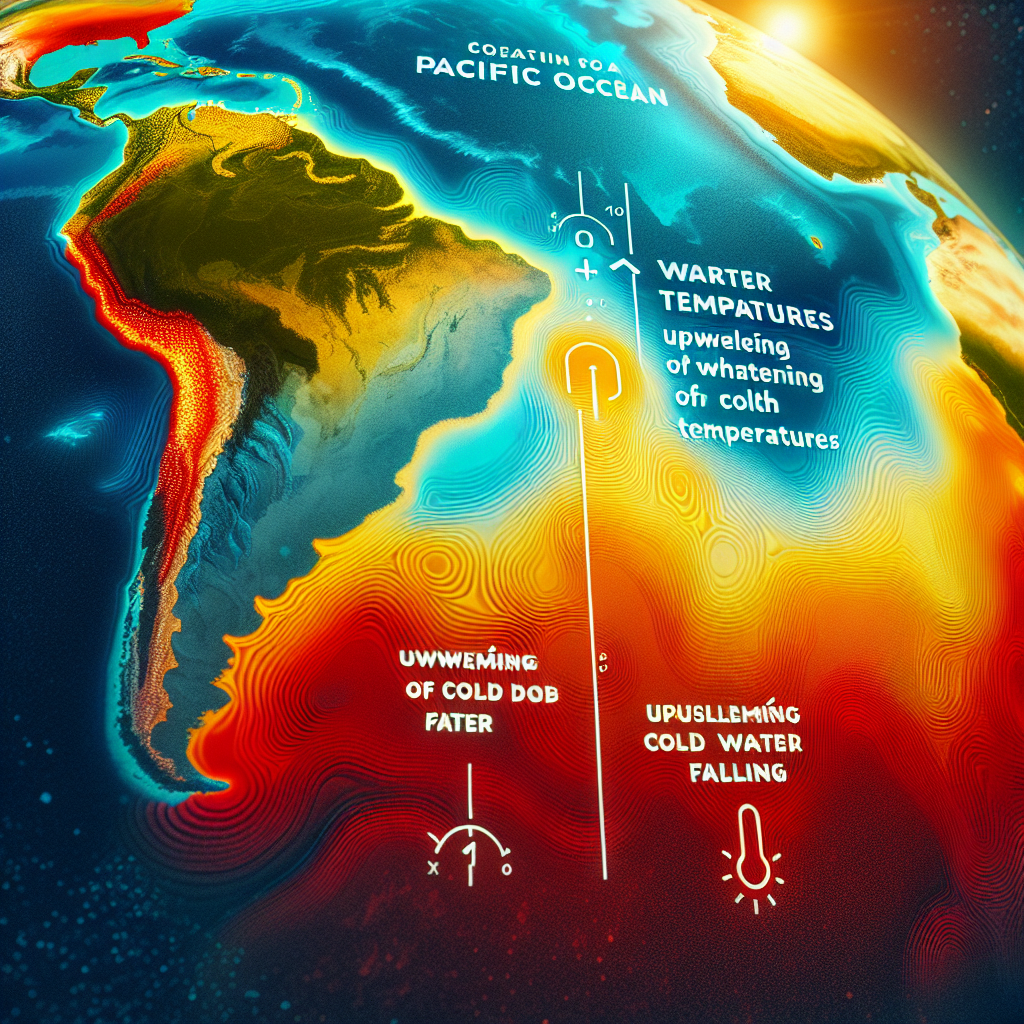Study Warns of Extreme El Nino Events Due to Rising Greenhouse Gas Emissions
A new study reveals that if greenhouse gas emissions continue at the current rate, one in every two El Nino events could be extreme by 2050. Researchers at the University of Colorado Boulder used computer models to simulate El Nino events over 21,000 years. Increased ENSO variability signals higher levels of human-induced global warming, posing severe risks to life and property.

- Country:
- India
A new study has revealed that by 2050, one in every two El Nino events could be extreme if current trends in greenhouse gas emissions persist.
El Nino is known for triggering extreme weather like heatwaves and floods. As sea surface temperatures rise, these events are expected to become more frequent and severe, according to researchers from the University of Colorado Boulder.
Using computer models to simulate El Nino events over 21,000 years, the study found that increasing greenhouse emissions significantly amplify ENSO variability, suggesting higher levels of global warming. These findings underscore the urgency of mitigating climate change to avoid devastating impacts on life and property.
(With inputs from agencies.)










